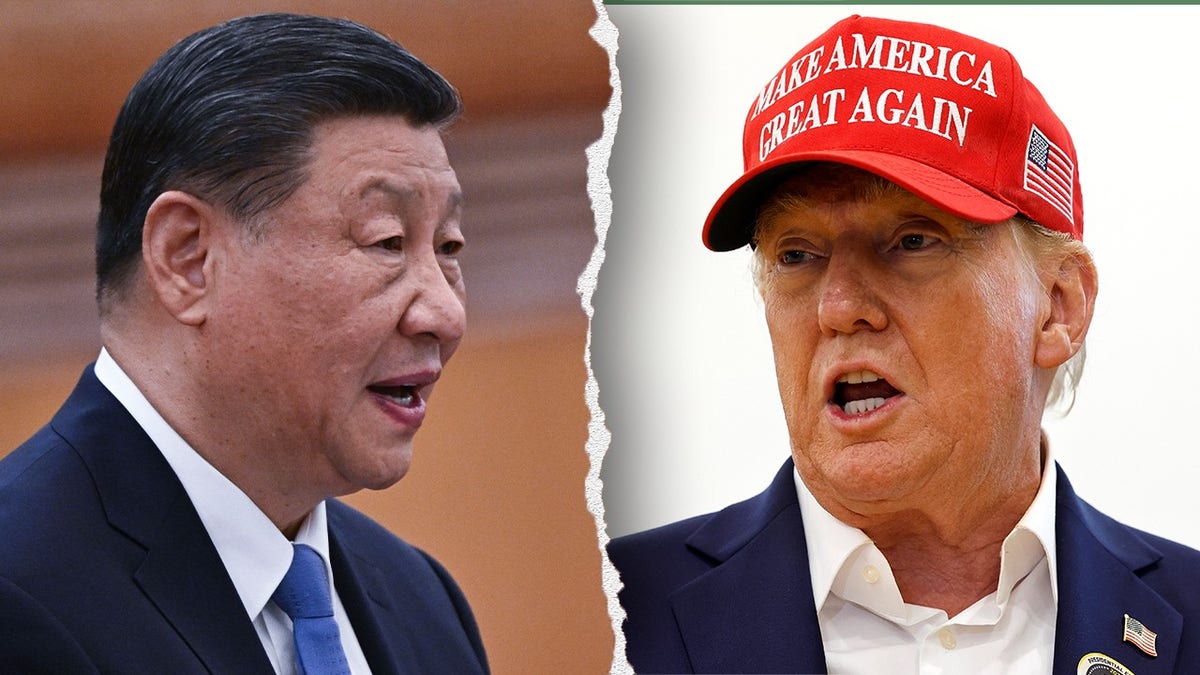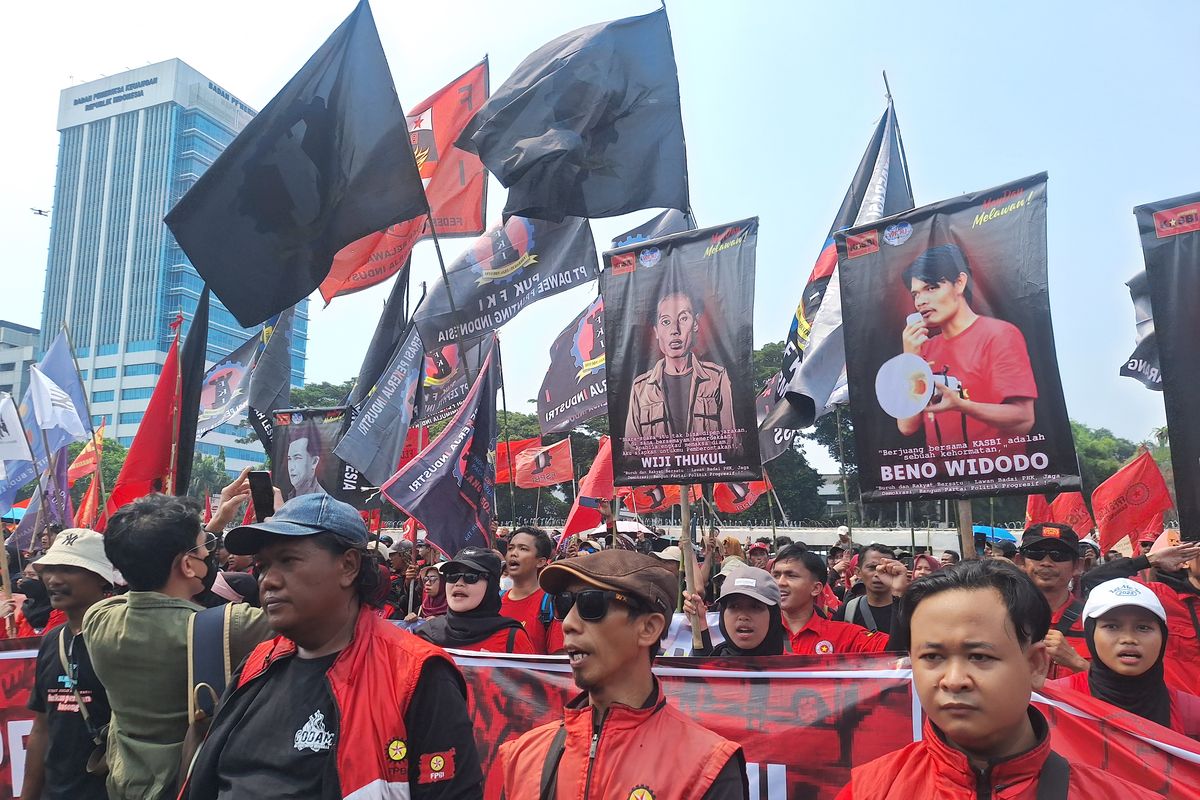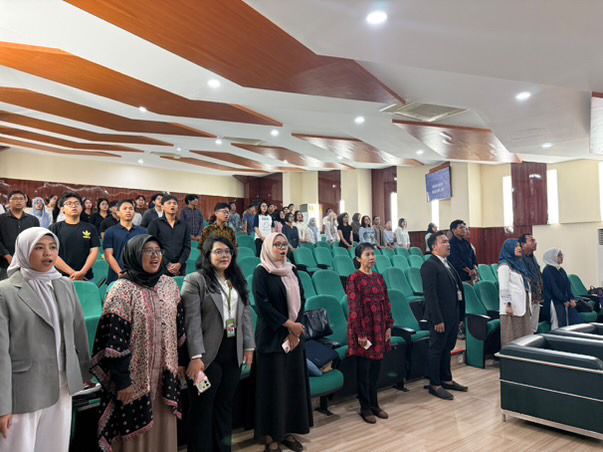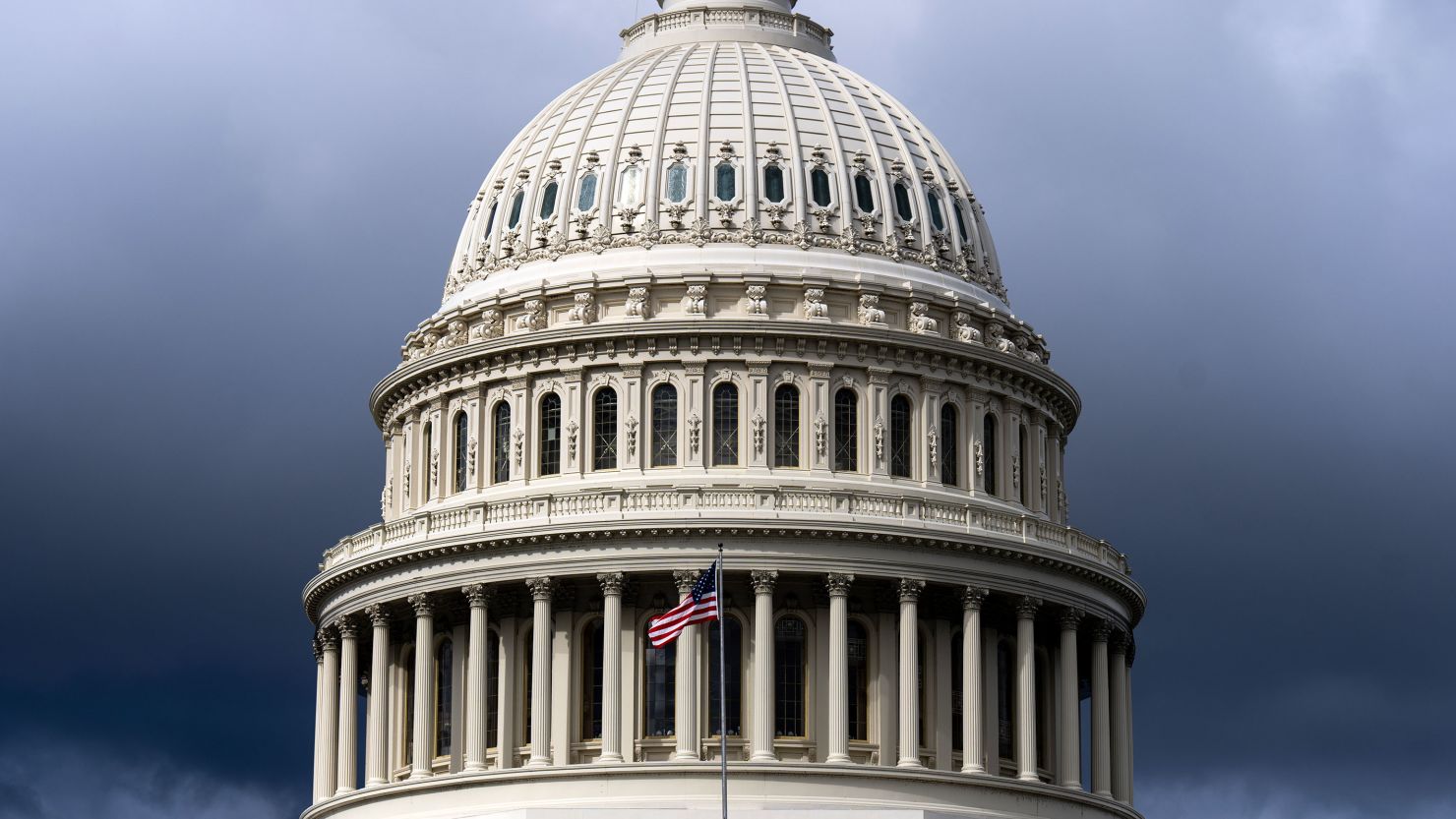
Washington, D.C. – October 30, 2025 – In a surprise development from the highly anticipated summit in Busan, South Korea, U.S. President Donald Trump announced today that China has agreed to a one-year trade deal, prompting an immediate reduction in U.S. tariffs on Chinese imports from 25% to 10%. The move, described by Trump as an “amazing” breakthrough during his post-meeting press conference, comes just days after escalating rhetoric over fentanyl smuggling and rare earth mineral supplies, signaling a potential thaw in the long-simmering U.S.-China trade war.

Speaking to reporters alongside Chinese President Xi Jinping, Trump hailed the agreement as a “win for American workers and farmers,” emphasizing that it includes commitments from Beijing to curb the flow of precursor chemicals used in fentanyl production—a key U.S. demand that has fueled overdose deaths nationwide. “Xi and I had a fantastic discussion. We’re talking real numbers here—billions saved on tariffs, and China stepping up on the drugs poisoning our streets,” Trump said, adding that the deal also resolves disputes over rare earth exports critical for U.S. tech and defense industries.
However, the optimism was tempered by Trump’s separate revelation that the U.S. plans to resume nuclear weapons testing for the first time since 1992, upending decades of bipartisan policy aimed at global non-proliferation. The announcement, made en route to the summit, drew sharp rebukes from arms control advocates and even some Republican lawmakers. “This isn’t just reckless—it’s a direct challenge to the Nuclear Non-Proliferation Treaty we’ve upheld for generations,” said Sen. Marco Rubio (R-FL), who called for congressional hearings on the policy shift.
Xi, in a more measured tone, acknowledged the tariff concessions but stressed that “mutual respect” would be essential for long-term stability. The Chinese Commerce Ministry followed up with a statement pledging cooperation on U.S. concerns over TikTok’s ownership, hinting at possible data-sharing measures to address national security fears.ccbee3 Analysts, however, remain skeptical about the deal’s durability. “Trump’s ‘amazing bargain’ looks more like a short-term patch than a structural fix,” noted Asia Times correspondent Bill Hayton, pointing to unresolved issues like intellectual property theft and market access barriers.
The summit overshadowed other headlines, including the devastating impacts of Hurricane Melissa, which battered Jamaica and Haiti with record winds before slamming into Cuba early this morning. U.S. aid agencies are mobilizing relief efforts, with Florida Gov. Ron DeSantis warning of potential spillover effects if the storm tracks northward.
Wall Street reacted positively to the trade news, with the Dow Jones Industrial Average climbing 1.2% in midday trading, led by gains in manufacturing and agriculture stocks. Yet, defense contractors dipped amid uncertainty over the nuclear testing pivot, which could invite sanctions from allies like the European Union.
As the dust settles from Busan, questions linger: Will this deal hold through the midterm elections, or is it another chapter in the unpredictable saga of Trump-era diplomacy? For now, it’s a rare moment of détente in a world on edge.





